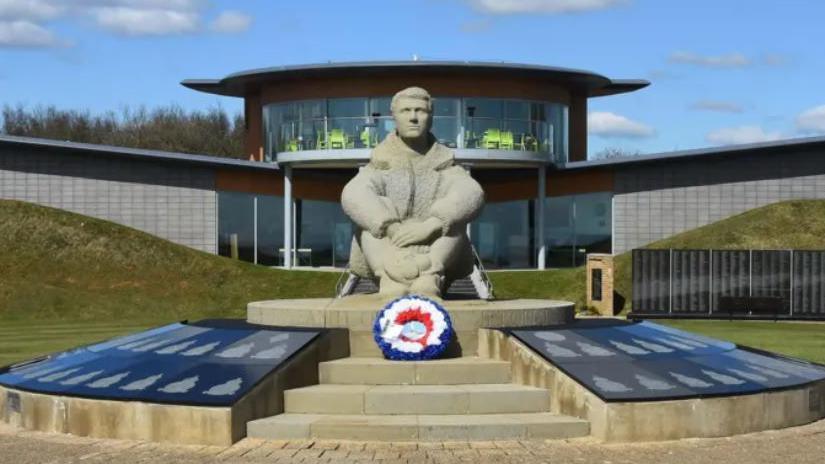First named WW2 air battle remembered 85 years on
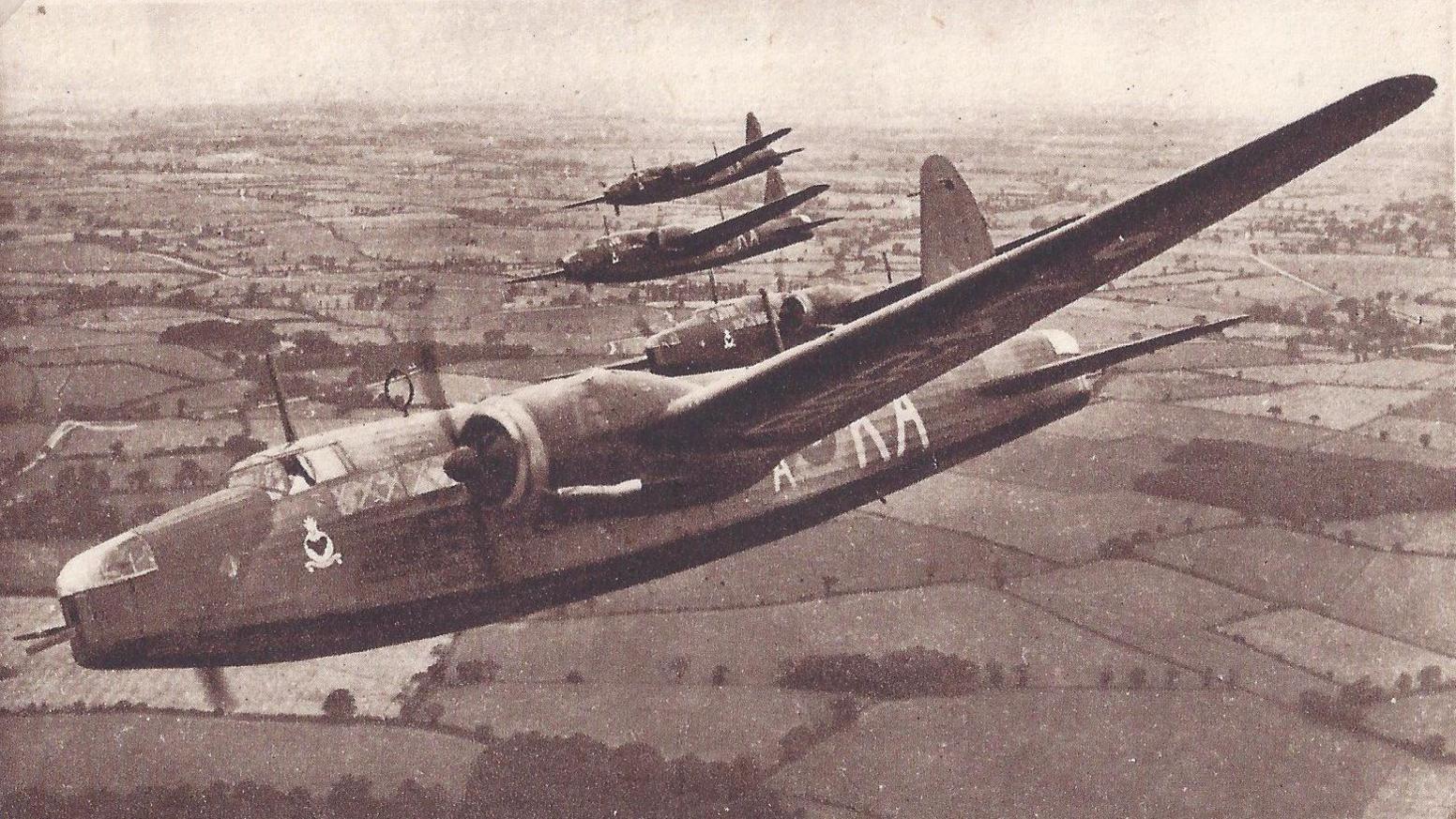
In the attack in December 1939, 56 members of the RAF were killed and five were taken prisoner. One of the prisoners later died from his injuries
- Published
The families of men who took part in the first named air battle of World War Two will be remembering them at a special event in Lincoln on its 85th anniversary.
The Battle of the Heligoland Bight took place on 18 December 1939 and is now regarded as a turning point in the war following heavy losses for the Royal Air Force during the disastrous daylight raid.
Jack Waterfall, 75, from Ely, Cambridgeshire, who organised the event, had never heard of the battle until he was researching his uncle, who died while serving in the RAF in 1940.
The event is being held at International Bomber Command Centre on 18 December.
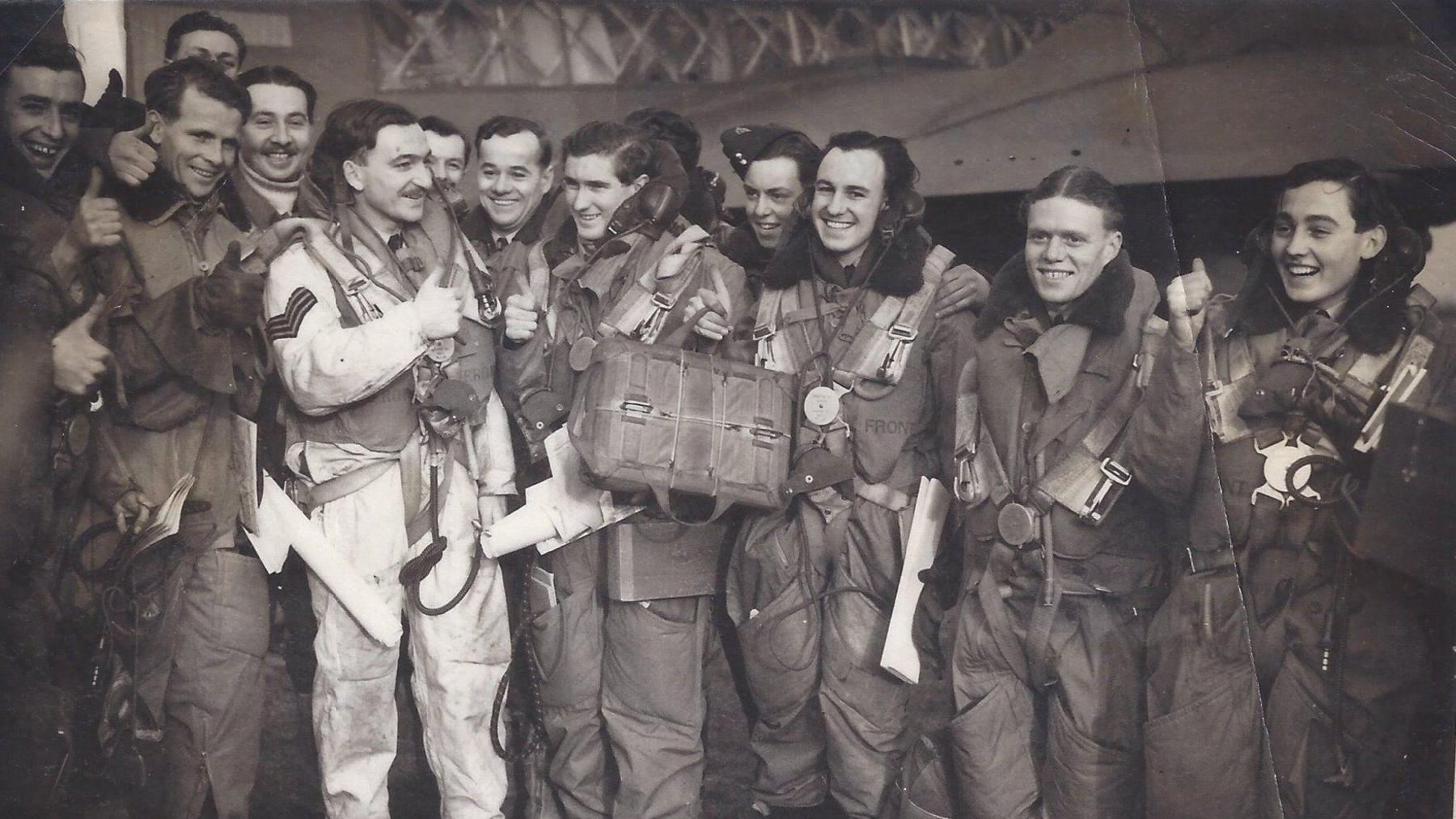
Airmen from 149 Squadron based at RAF Mildenhall, three days after the Battle of the Heligoland Bight
The Heligoland Bight is an area near the German ports of Wilhelmshaven and Bremerhaven.
The Air Ministry decided to launch an attack on German ships there to prevent them from supporting U-boats in the North Atlantic.
On 18 December 1939, 24 Wellington bombers from RAF stations in Honington and Mildenhall in Suffolk and Feltwell in Norfolk were sent to sink or damage as many ships as possible.
The targets were strictly military ones only and civilian casualties had to be avoided. The only way to ensure accuracy was for the mission to take place in daylight.
There was a belief that bombers flying in close formation in daylight could defend themselves against fighter aircraft. That theory was about to be tested.
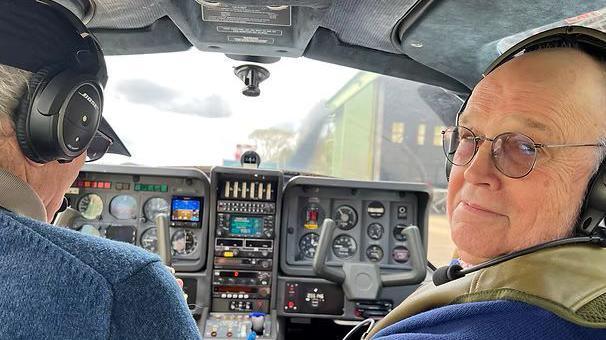
Jack Waterfall, right, had never heard of the Heligoland Bight until he saw a picture of the battle while researching his family's involvement in the war
"The action was such a disaster for the RAF, with the loss of half of the 24 bombers sent and 57 airmen killed," said Mr Waterfall.
"In the spring of 1940, Bomber Command changed to night operations, which by many is regarded as a turning point in the war."
Mr Waterfall was unaware of the story until he teamed up with a cousin to find out what happened to their uncle, Sgt JH Waterfall, who went missing in action over Germany in 1940.
"With the help of German contacts we traced our uncle's grave and I was shown a really dramatic painting of Wellingtons being shot down, which turned out to be the Battle of Heligoland, which I had never heard of," he said.
"After seven years of research, we had tracked down most of the relatives of the men involved in the battle, and we published a book, Daylight to Darkness, and launched a website to mark the event."
A spokesperson for the International Bomber Command Centre in Lincoln said the event would include descendants of those lost in the battle and the unveiling of a commemorative stone.
The spokesperson added that the centre was indebted to Mr Waterfall for "ensuring that the operation and those lost on all sides are remembered. Mr Waterfall has consistently pushed to bring people together and promote reconciliation".
Get in touch
Do you have a story suggestion for Cambridgeshire?
Follow Cambridgeshire news on BBC Sounds, Facebook, external, Instagram, external and X, external.
Related stories
- Published28 August 2024
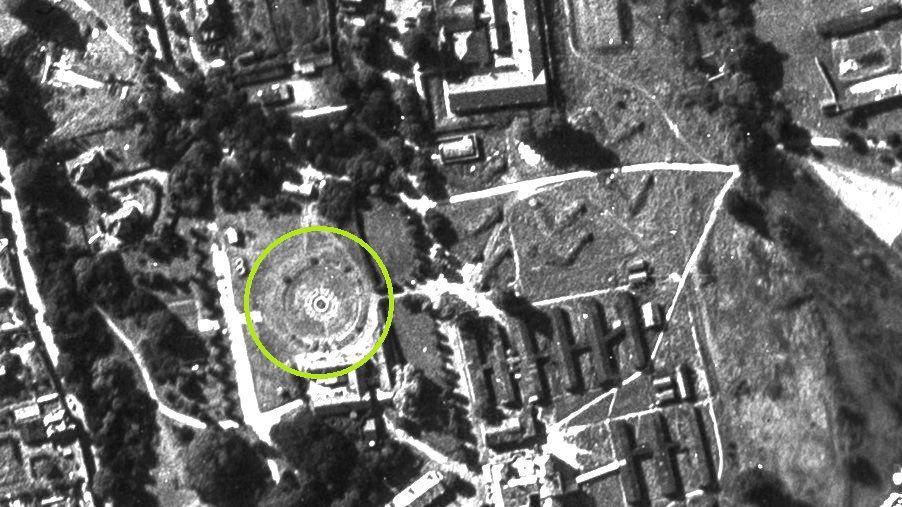
- Published9 September 2024
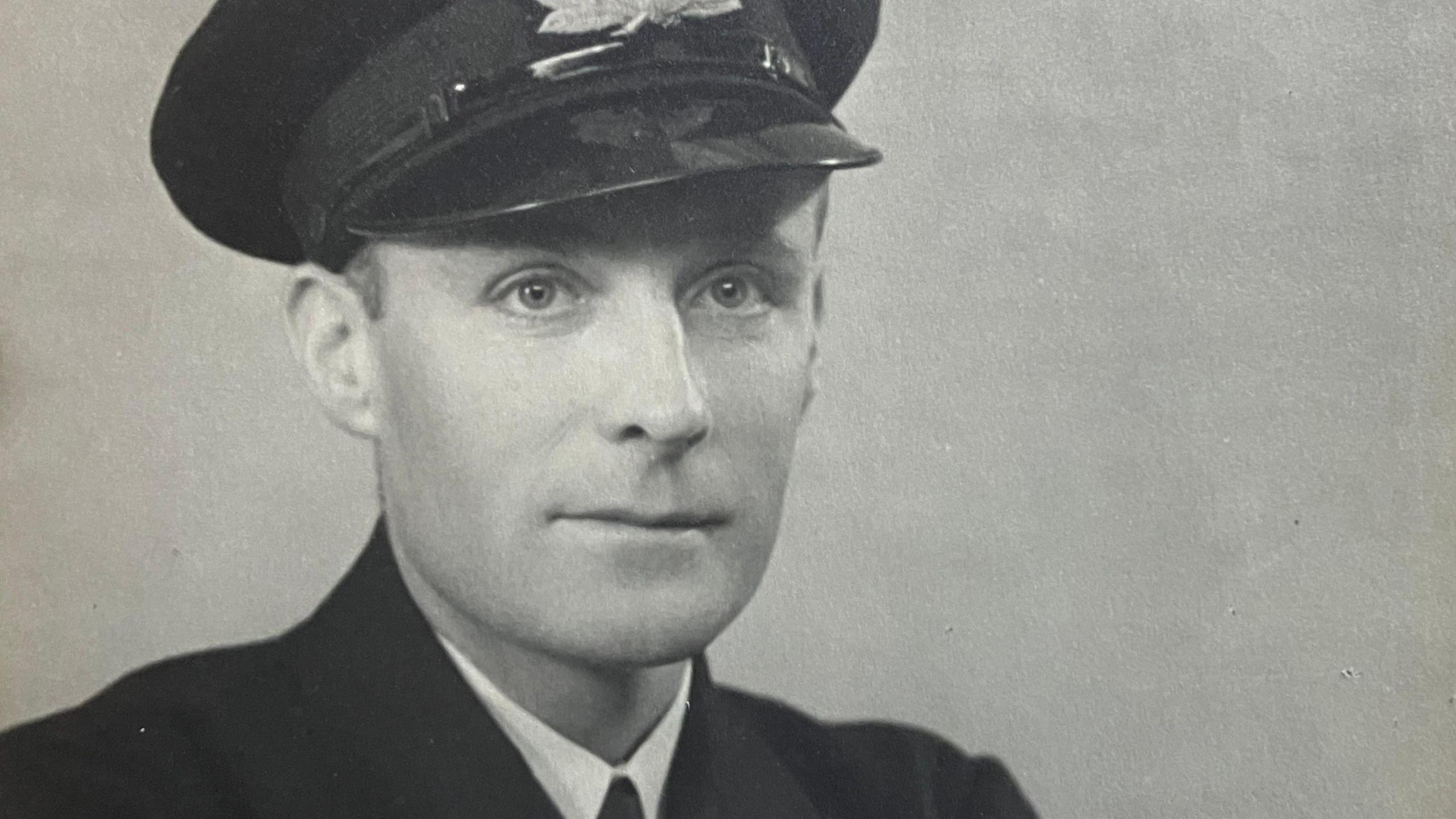
- Published15 September 2024
